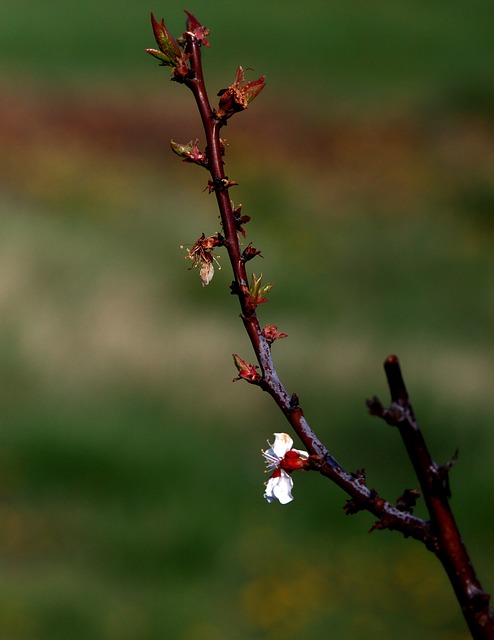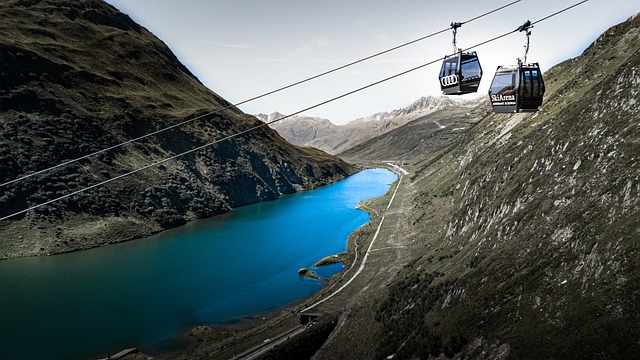wild ape 🏈 The Wild Ape: Guardians of the Forest and Symbols of Evolution's Legacy

The Wild Ape: Guardians of the Forest and Symbols of Evolution's Legacy
In the heart of dense, emerald jungles, where sunlight filters through a thick canopy, the wild ape reigns as one of nature's most captivating and enigmatic creatures. These remarkable primates are not merely inhabitants of the forest; they are profound symbols of our planet’s evolutionary narrative, embodying the intricate tapestry of life that has persisted for millions of years. As we delve deeper into their world, we discover not just the habits and behaviors of these wild beings, but also the pressing environmental and ethical challenges that threaten their existence.
Wild apes, including species such as gorillas, chimpanzees, and orangutans, are often seen as the closest relatives to humans. This connection has sparked an enduring fascination with their behavior, social structures, and communication methods. Observing a troop of chimpanzees engaging in complex social interactions evokes a sense of wonder, revealing emotional depth and intelligence that challenge our perceptions of what it means to be human. This shared lineage prompts a powerful reflection on our responsibilities towards these creatures, as their fates are inextricably linked to our own.wild ape

Moreover, the wild ape serves as a vital indicator of the health of their ecosystems. As they forage, build nests, and move through their habitats, they play a crucial role in the dispersal of seeds and the maintenance of biodiversity. In this capacity, they act as guardians of the forest, ensuring the survival of countless other species. The loss of wild ape populations signifies not only a tragedy for these animals themselves but also a harbinger of ecological imbalance that can reverberate through the entire ecosystem.wild ape

Despite their significance, the plight of wild apes is dire. Habitat destruction driven by deforestation, mining, and agricultural expansion poses an existential threat to their survival. The relentless march of human progress often overlooks the intrinsic value of these creatures, reducing the rich biodiversity of the forests to mere economic resources. The stark reality is that as we pave over their habitats, we threaten not only their existence but also the delicate balance of life that has evolved over millennia.
In addition to habitat loss, wild apes face the grave risk of poaching and illegal wildlife trade. In some regions, they are hunted for bushmeat, while others are captured and sold as exotic pets. This cruel practice strips these intelligent beings of their freedom and disrupts their social structures. The consequences are dire; the emotional bonds within family groups are shattered, leading to profound suffering for these creatures that exhibit a range of emotions, including joy, sadness, and grief.wild ape
The conservation of wild apes and their habitats is not merely a matter of preserving a species; it is an ethical imperative that resonates deeply within our collective conscience. Numerous organizations and researchers are working tirelessly to combat these threats, advocating for sustainable practices and the establishment of protected areas. Education and awareness play a pivotal role in these efforts, as a greater understanding of the intricate lives of wild apes fosters empathy and motivates action. The more we learn about their world, the more we recognize the shared responsibility we have to safeguard their future.wild ape
In the face of these challenges, there is a glimmer of hope. Community-driven conservation initiatives that involve local populations in the protection of wild apes and their habitats have shown promising results. By emphasizing the value of biodiversity and the benefits of conservation for local communities, these programs foster a sense of stewardship that can lead to meaningful change. Collaboration between governments, non-profit organizations, and local communities is essential to create sustainable solutions that respect both human needs and the natural world.
The story of the wild ape is one of resilience, intelligence, and a profound connection to our own existence. As we reflect on their plight, we are reminded that the fate of these remarkable beings is intertwined with our own. By prioritizing their conservation, we not only protect a vital part of our planet's heritage but also reaffirm our commitment to the principles of empathy and respect for all living beings.
In conclusion, the wild ape stands as a potent symbol of the beauty and fragility of our natural world. Their survival hinges on our collective actions and choices. As we navigate the complexities of modern life, let us not lose sight of the wild ape's legacy. For in their preservation lies a deeper understanding of our place within the intricate web of life, a reminder that we are not merely spectators of nature but active participants in its ongoing story. The wild ape, with all its majesty and vulnerability, beckons us to rise to the challenge of safeguarding their future and, in turn, our own.
Fale conosco. Envie dúvidas, críticas ou sugestões para a nossa equipe através dos contatos abaixo:
Telefone: 0086-10-8805-0795
Email: portuguese@9099.com


